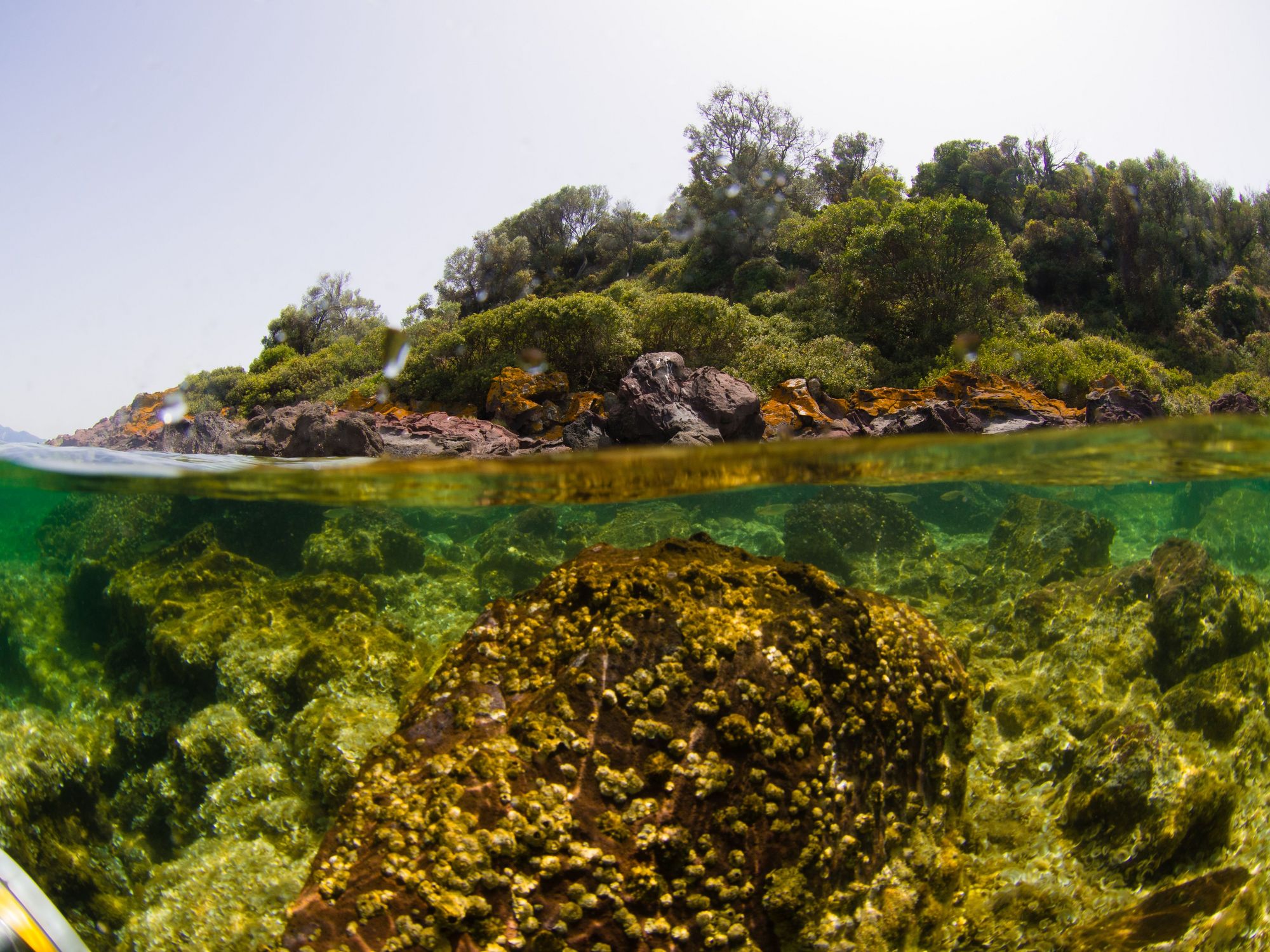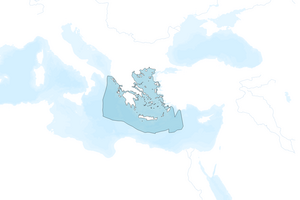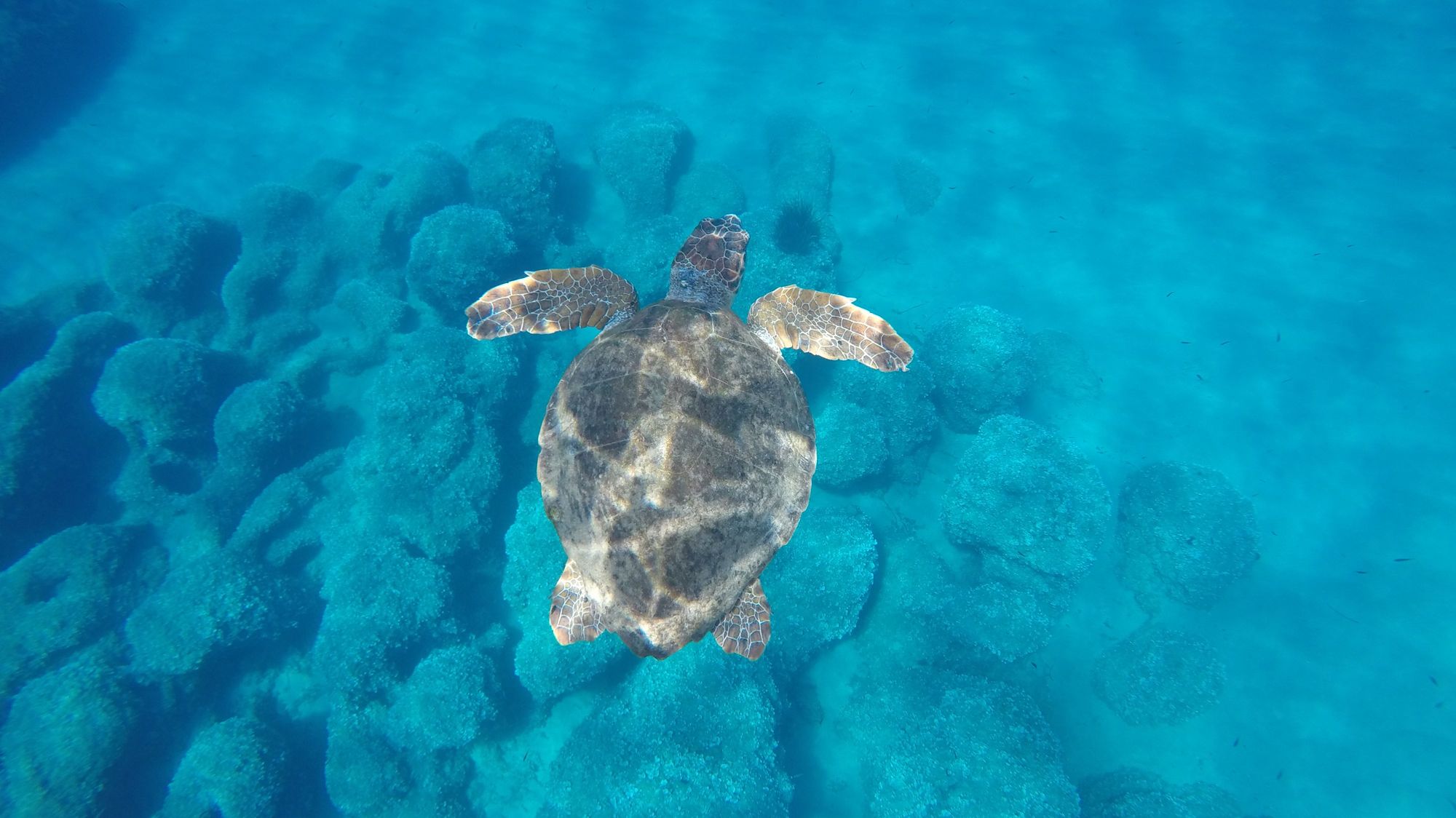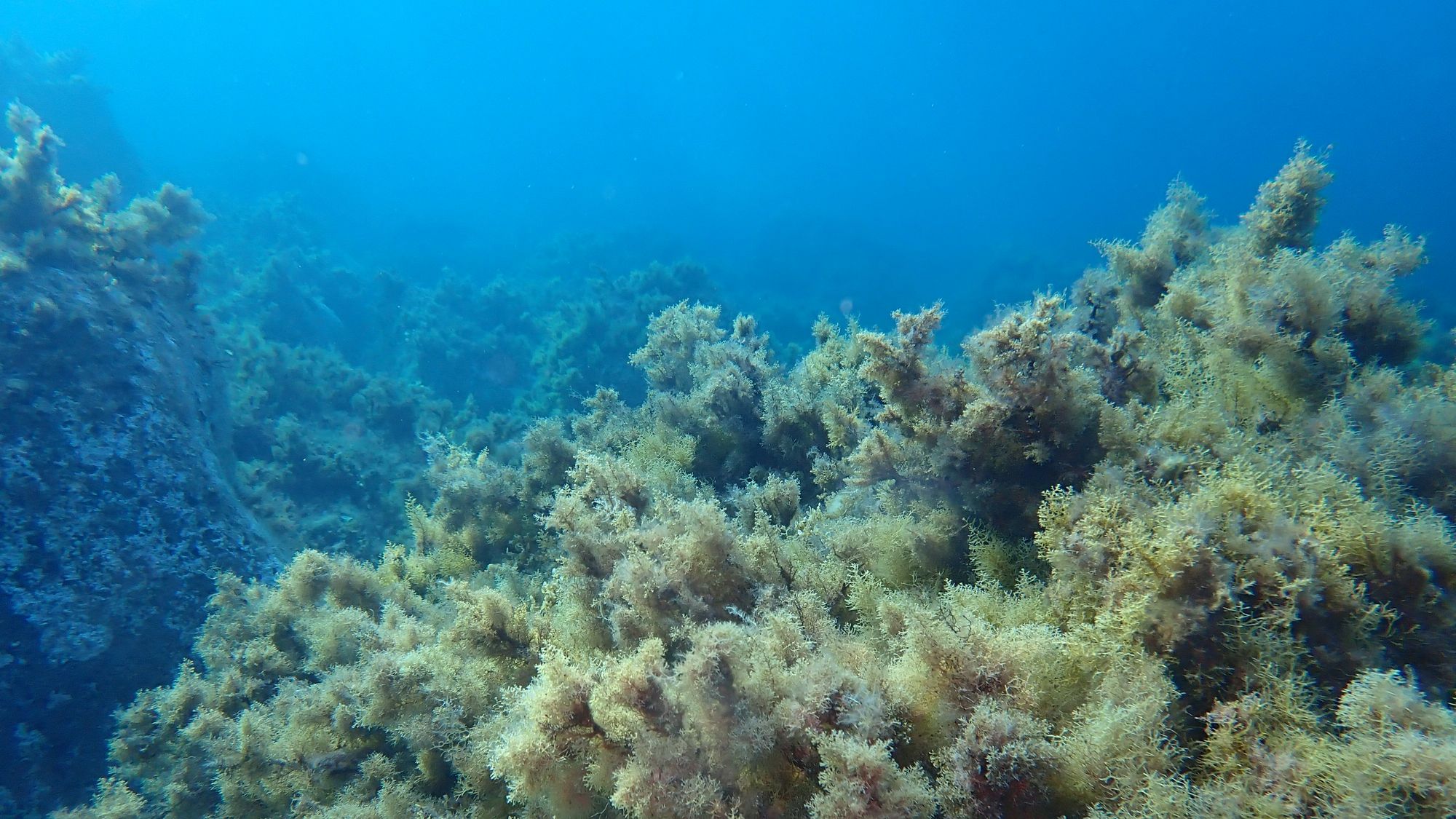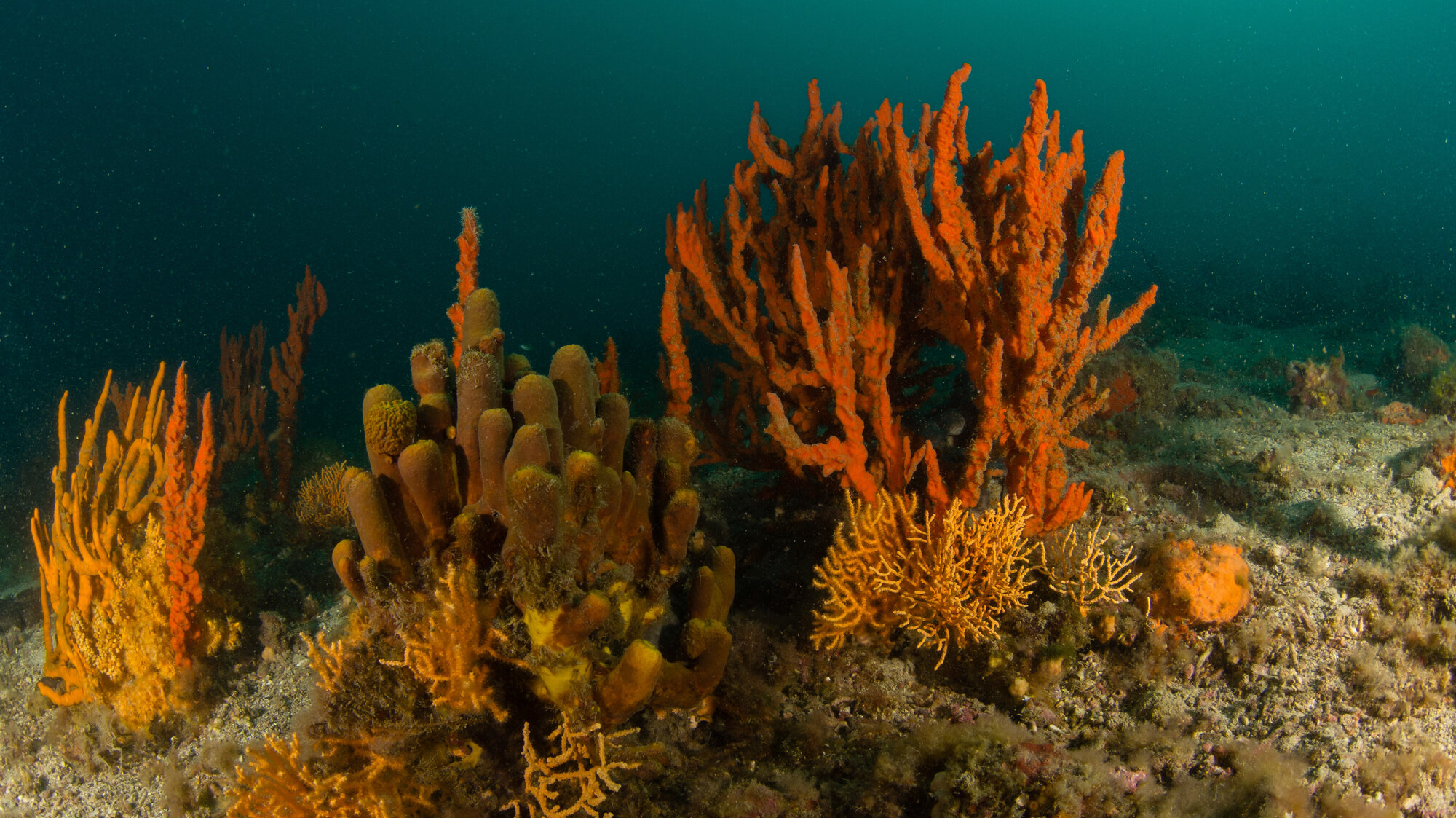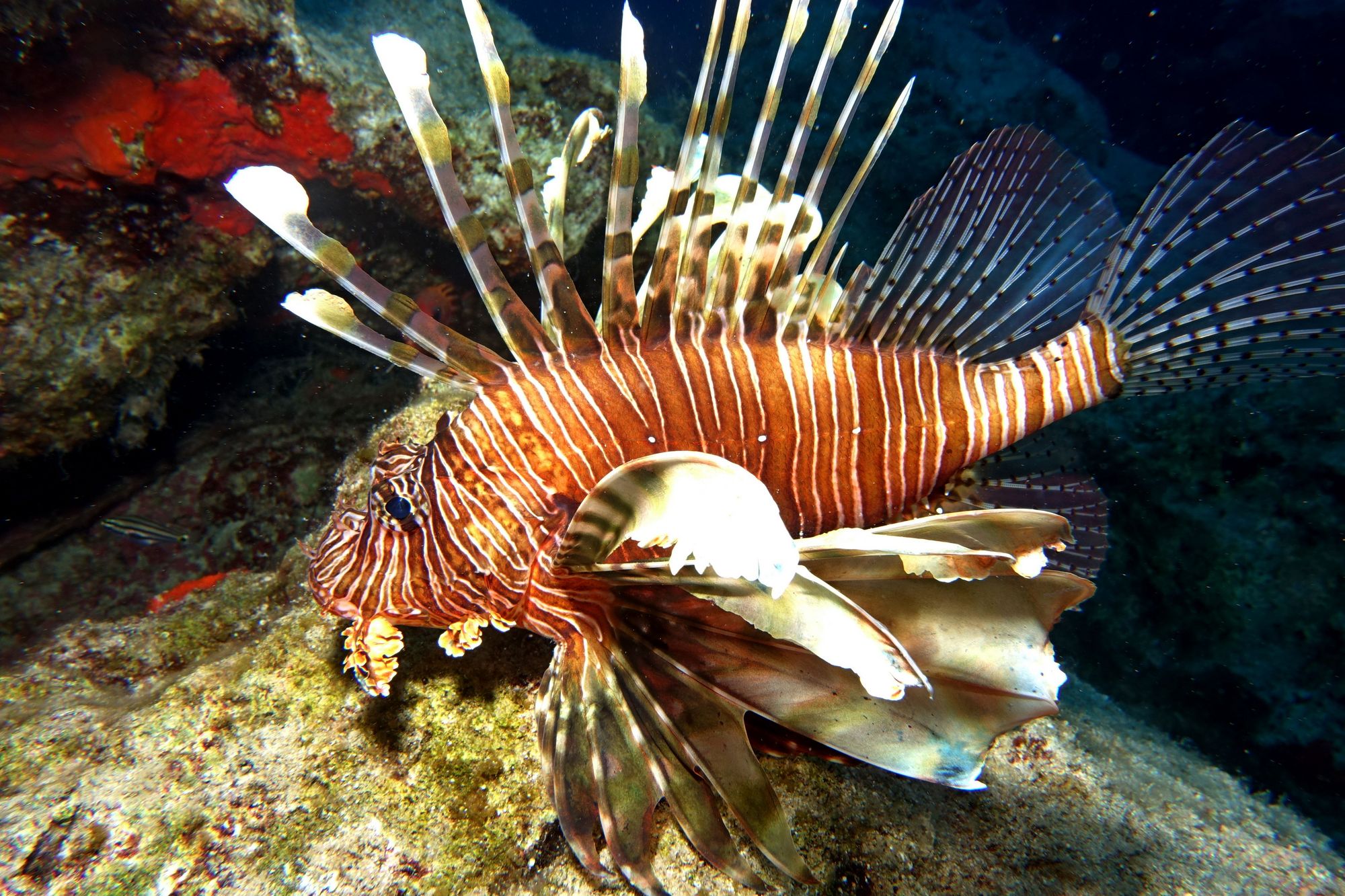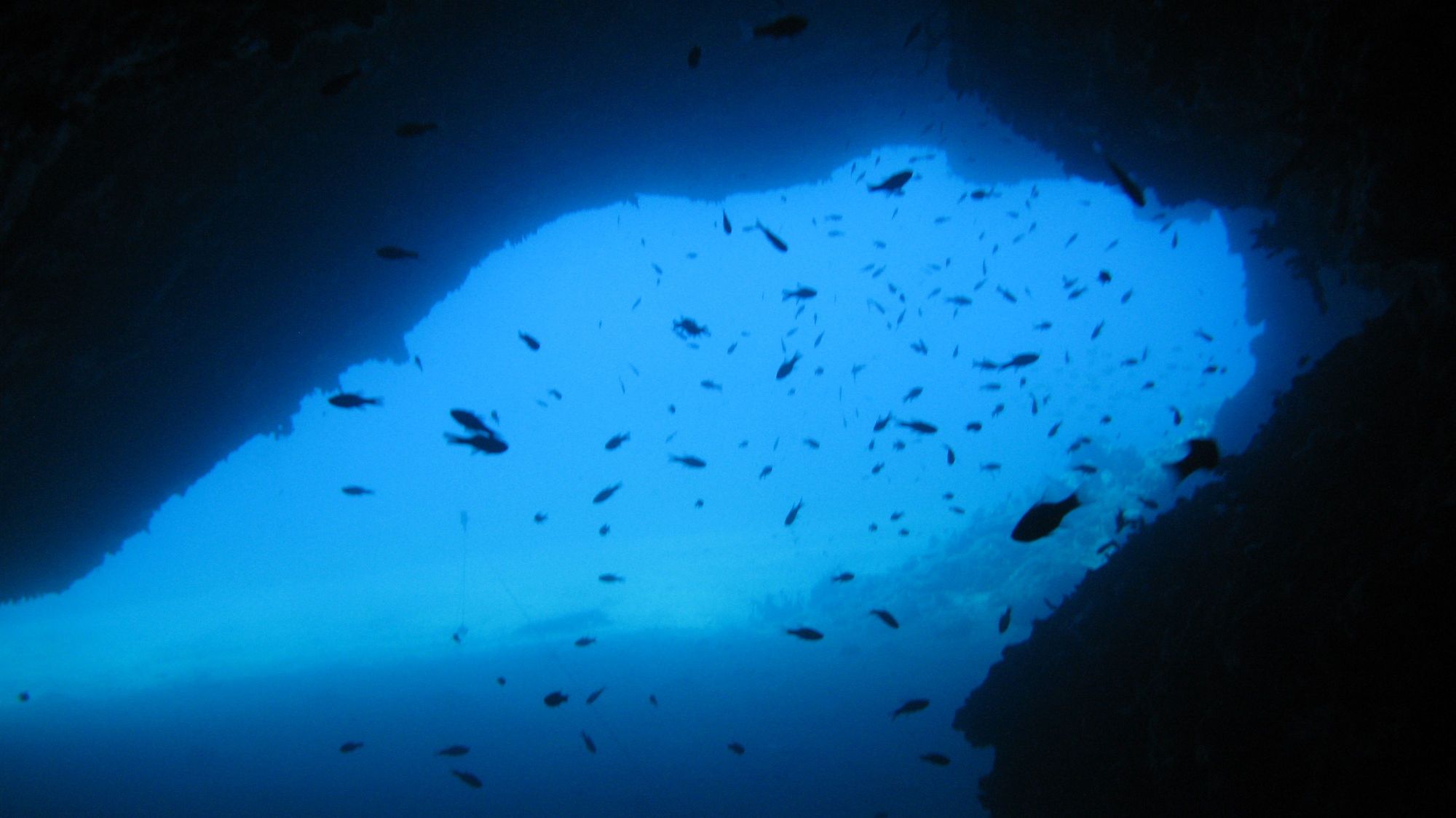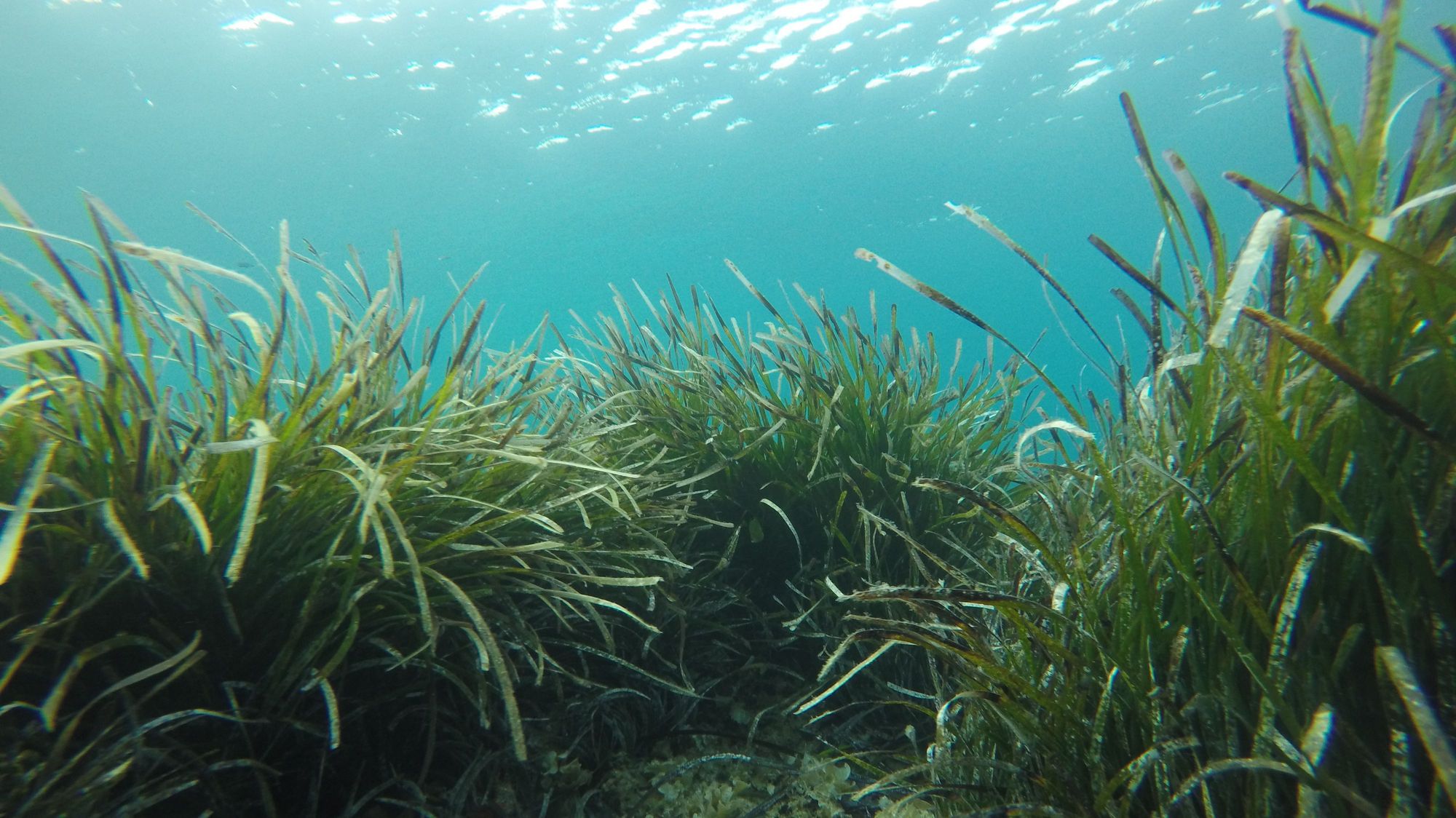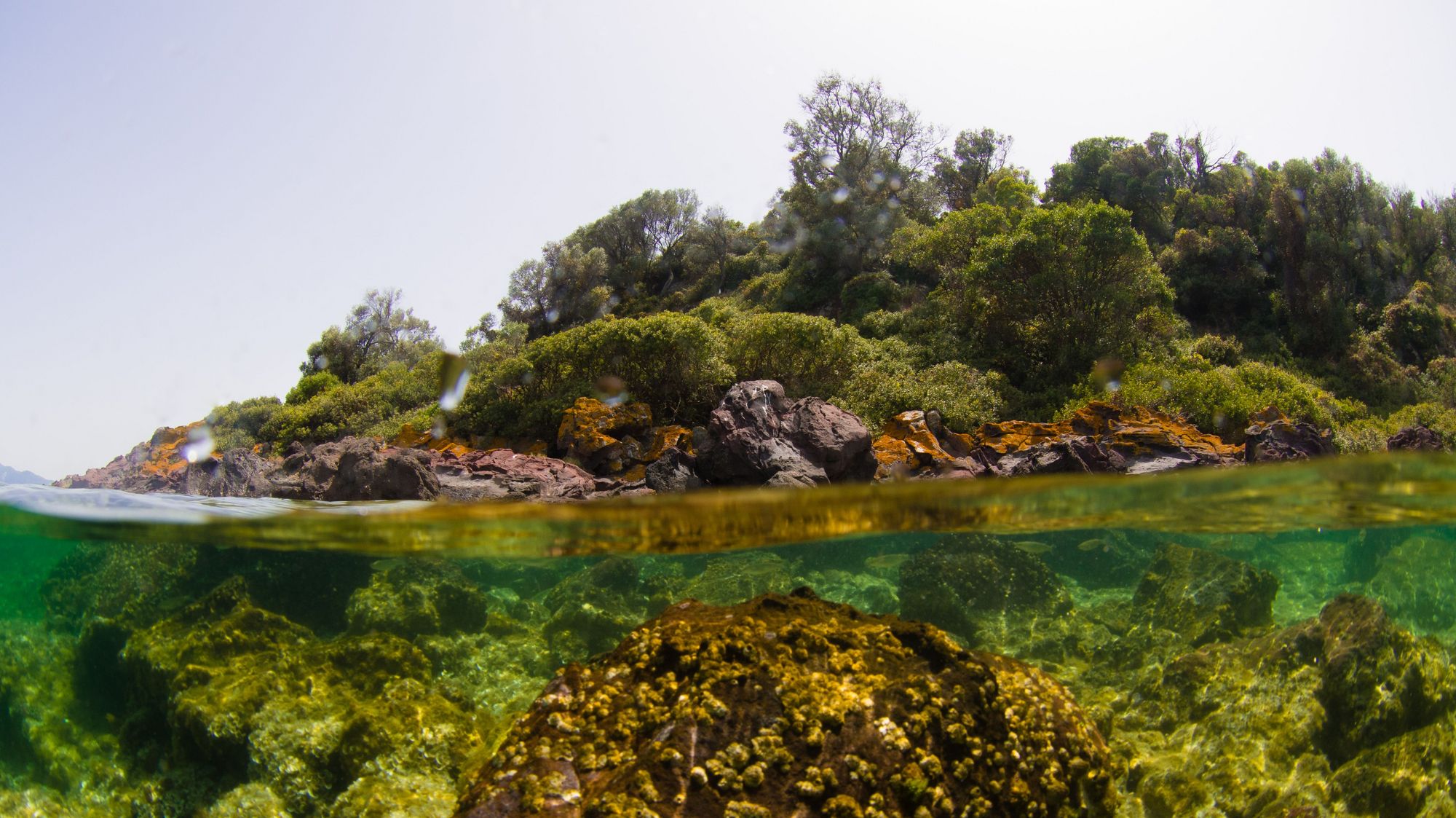Greek Aegean/Ionian Sea
Greek Aegean/Ionian Seas are heavily impacted by local and global stressors, such as historical and current overfishing, pollution, climate change, and invasive species. Greek seas have already experienced great climatic changes, impacting the functionality and structure of ecosystems, and triggering redistribution of biodiversity. Little is known about the interactions and cumulative impact of local and global stressors on biodiversity. MarinePlan will explore how to reach the EU Biodiversity Strategy targets (30% protection/10% strict protection), by identifying and prioritizing areas for protection towards the greatest conservation potential and future resilience, accounting for biological invasions, cumulative effects of human activities, marine functional connectivity, and climate change threats, with an overall aim to design an effective and resilient MPA network.
Addressing climate change will include:
(1) identifying climate change velocity and refugia under IPCC scenarios, and
(2) assessing population-level risks to marine turtles due to temperature-dependent sex determination, by projecting changes in sex ratio of the hatchlings produced in the study region, under different scenarios of climate change.
The case study will leverage on the knowledge base of previous and ongoing work (projects MARISCA, PROTOMEDEA, MODIAS, ALAS, FutureMARES, INSPIRE). The Planning Site can draw on available data covering the spatial distribution of protected/vulnerable species/habitats, thematic layers of human activities, thematic layers of sectoral plans, and the spatial distribution of invasive species. The results will be relevant for local stakeholders such as NGOs (eg. Archelon, MoM, Pelagos), MPA management bodies (e.g. National Marine Park of Alonissos - Northern Sporades), Regions of North Aegean/South Aegean/ Crete, state entities including Natural Environment and Climate Change Agency, Ministry of Environment and Energy and Ministry of Agriculture as well as for regional stakeholders comprising UNEP MAP, Marine Protected Area Agency Partnership (MPAAP), the Mediterranean Experts on Climate and Environmental Change (MedECC), and MedPAN.
